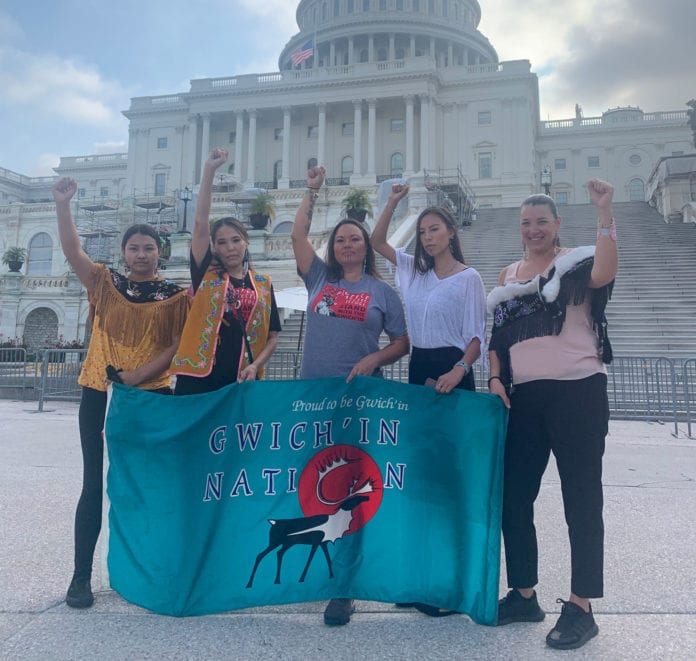
The Biden administration has suspended oil leases in the Arctic National Wildlife Refuge approved under President Donald Trump, pending an environmental analysis by the Interior Department on the potential environmental impact of drilling there.
Interior Secretary Deb Haaland announced on Tuesday, June 1, plans for a new, comprehensive analysis of what such drilling activity might pose to the fragile environment of the national wildlife refuge.
The order specified that within 60 days her agency would publish a notice in the Federal Register initiating the process to conduct a comprehensive environmental analysis, complete necessary consultation and correct identified legal deficiencies.
Biden’s national climate advisor, Gina McCarthy, said the decision would “make sure that we take a little pause and review the entire strategy of (how) we’re looking at public lands.”
Lawsuits asking the courts to vacate the leasing program and cancel leases issued under the Trump administration meanwhile remain in the court system.
The Congressional Budget Office in June 2019 noted that the U.S. Geological Survey estimated that federal lands in ANWR contain between 4.3 billion and 11.8 billion barrels of technically recoverable oil and that there is a 50 percent chance that those lands contain at least 7.7 billion barrels of oil.
The 19.3 million acres of ANWR include wilderness that is home to migrating waterfowl, polar bears and the Porcupine caribou herd and their calving grounds, an area considered sacred by the Gwich’in Athabascans to whom the region is home.
The Gwich’in Steering Committee thanked the Biden administration and Haaland “for taking another step toward protecting sacred lands in the Arctic Refuge.”
The committee’s statement said, “there is so much more to do to protect these lands for future generations, and today’s action is a step in that direction.”
Alaska’s congressional delegation and Gov. Mike Dunleavy meanwhile rebuked what they called cancellation of lawful leases in the wildlife refuge.
Sen. Lisa Murkowski, R-Alaska, said that suspending the leases lies in direct conflict with the 2017 Tax Cuts and Jobs Act, through which Congress mandated the oil and gas leaving program for the Coastal Plain and ordered at least two lease sales by 2024.
“The oil and gas leasing program established by the Trump administration meets the legal mandates required by Congress including imposing a framework with a range of environmental safeguards that are successfully guiding production elsewhere in northern Alaska,” she said.
Dunleavy said he opposed “this assault on Alaska’s economy” and would use every means necessary “to undo this egregious federal overreach.”
A number of indigenous and conservation groups meanwhile applauded suspension of the leases, while calling for further action to protect the refuge. In a joint statement issued by over a dozen entities they said these lands are sacred to the Gwich’in and Inupiat peoples and nursery for the Porcupine caribou, polar bears and millions of migratory birds.
“There is still more to be done,” said Kristen Miller, acting executive director of the Alaska Wilderness League “Until the leases are canceled, they will remain a threat to one of the wildest places left in America.”














